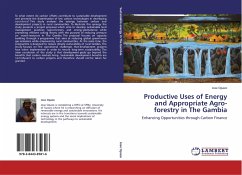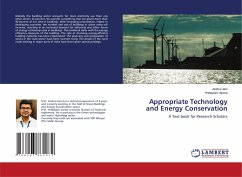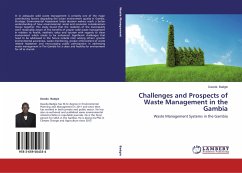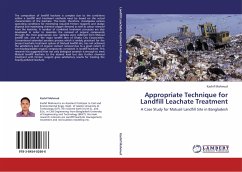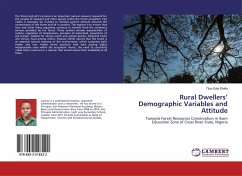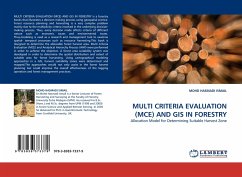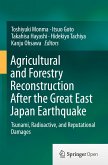To what extent do carbon offsets contribute to sustainable development and promote the dissemination of low carbon technologies in developing countries? This study analyses the synergy between carbon and development projects in rural communities. To illustrate this synergy the study presents a project proposal which aims to develop sustainable land management practices (agro-forestry and energy plantations) while promoting efficient coking stoves, with the purpose of reducing pressure on wood resources in The Gambia. The proposal focuses on capacity building through a programme that aims at reducing global greenhouse gas emissions while empowering rural communities. At the same time, the programme is designed to reduce climate vulnerability of rural families. The study focuses on the operational challenges that development projects face when implemented in order to ensure long-term sustainability.The main conclusion of the study is that development goals go beyond the benefits that carbon markets bring. Sustainable development benefits are not inherent to carbon projects and therefore should not be taken for granted.
Bitte wählen Sie Ihr Anliegen aus.
Rechnungen
Retourenschein anfordern
Bestellstatus
Storno

